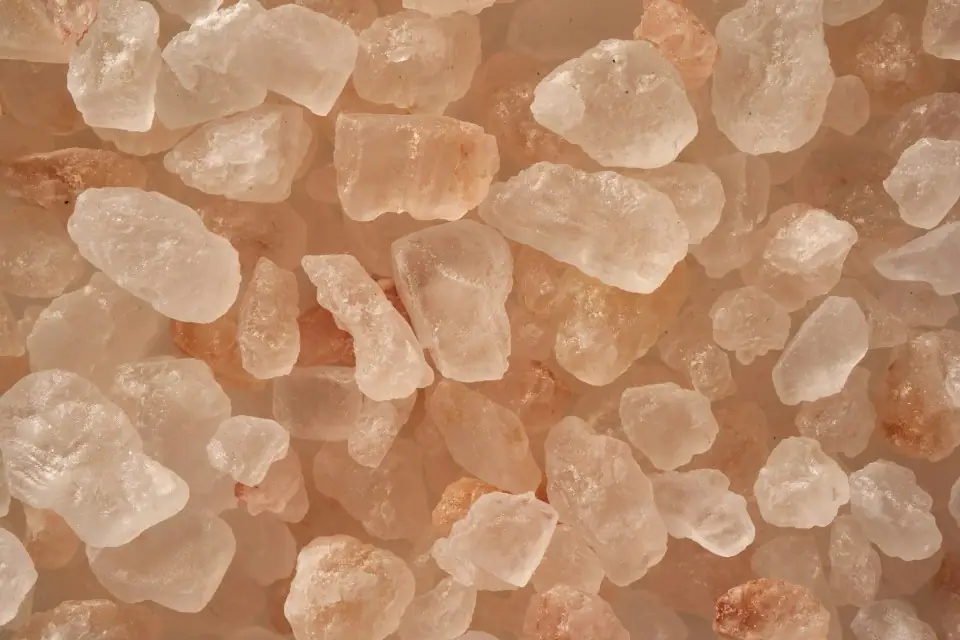In the world of culinary delights and health-conscious choices, non-iodized sea salt stands out as a unique and beneficial alternative to its iodized counterpart. Derived from natural sources, this type of salt offers a range of advantages that extend beyond the confines of the kitchen. Let’s explore the intricacies of non-iodized sea salt, uncovering its origins, benefits, and answering some commonly asked questions.
The Essence of Non Iodized Sea Salt
Non-iodized sea salt, as the name suggests, is sea salt that lacks added iodine. Unlike iodized salt, which has iodine artificially introduced during processing to prevent iodine deficiency, non-iodized sea salt retains its natural composition. This salt is harvested from evaporated seawater, retaining essential minerals and elements that contribute to its unique flavor profile.
Harvesting and Processing: A Natural Journey
Non-iodized sea salt undergoes minimal processing, ensuring that it retains the natural minerals present in seawater. The harvesting process involves evaporating seawater in controlled environments, leaving behind crystallized salt. This method preserves the trace elements such as magnesium, calcium, and potassium, giving non-iodized sea salt a nuanced taste that enhances the flavors of various dishes.
Health Benefits of Non Iodized Sea Salt
- Rich Mineral Content: Non-iodized sea salt is a treasure trove of minerals like magnesium, which plays a crucial role in various bodily functions, including muscle and nerve function.
- Balanced Electrolytes: The natural balance of electrolytes in non-iodized sea salt contributes to maintaining proper hydration levels, making it a preferred choice for athletes and those with an active lifestyle.
- No Added Chemicals: Unlike iodized salt, which may contain additives, non-iodized sea salt is free from artificial chemicals, making it a cleaner and more natural option for health-conscious individuals.
- Improved Digestion: The minerals present in non-iodized sea salt can aid in digestion by promoting the production of digestive juices and enzymes, fostering a healthy digestive system.
Culinary Applications of Non Iodized Sea Salt
- Enhanced Flavor Profile: Non-iodized sea salt’s rich mineral content contributes to a more complex and nuanced flavor, enhancing the taste of both savory and sweet dishes.
- Ideal for Seasoning: The texture and granule size of non-iodized sea salt make it perfect for seasoning dishes during cooking or as a finishing touch, adding a delightful crunch and burst of flavor.
- Baking Excellence: Pastry chefs and bakers often prefer non-iodized sea salt for baking, as its natural composition complements the sweetness of baked goods without imparting unwanted chemical flavors.
Is non-iodized sea salt healthier than iodized salt? Yes, non-iodized sea salt is considered a healthier option due to its natural mineral content and the absence of artificial additives.
Can non-iodized sea salt be used as a substitute for iodized salt in recipes? Absolutely, non-iodized sea salt can be used as a substitute in most recipes, providing a more natural and nuanced flavor to dishes.
Does non-iodized sea salt have a different texture than iodized salt? Non-iodized sea salt often has a coarser texture, adding a delightful crunch to dishes, making it a popular choice for finishing touches.
Is non-iodized sea salt suitable for individuals with iodine deficiency? Non-iodized sea salt is not recommended for those with iodine deficiency, as iodine is crucial for thyroid function. Consult with a healthcare professional for suitable alternatives.
Can non-iodized sea salt be used in a salt grinder or mill? Yes, non-iodized sea salt is suitable for use in salt grinders or mills, allowing for easy customization of granule size based on culinary preferences.
Conclusion
In the realm of salts, non-iodized sea salt emerges as a flavorful and health-conscious choice for culinary enthusiasts and individuals seeking a more natural alternative. With its rich mineral content, versatile applications, and minimal processing, this salt adds depth and character to dishes while offering potential health benefits. Consider making the switch to non-iodized sea salt to elevate your culinary creations and embrace a more wholesome approach to seasoning.

